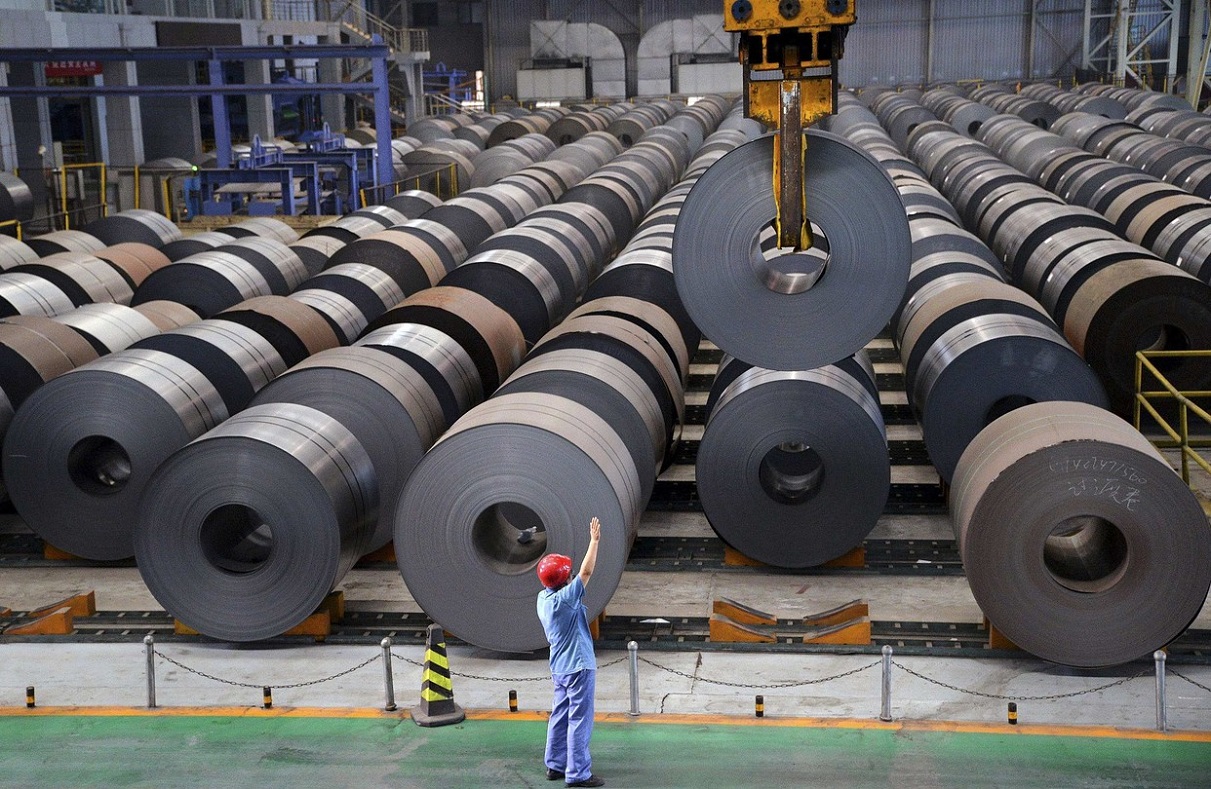Islamabad: Business community, with leading chambers of commerce and industry from across Pakistan urged the Senate Standing Committee on Finance and Revenue to eliminate anti-export duties and the Special Tax Regime applicable to the former Federally Administered Tribal Areas (FATA) in the federal budget for fiscal year 2025-26.
The call was made during a consultation session convened by the committee, chaired by Senator Saleem Mandviwalla, which was aimed at gathering business sector proposals for the upcoming national budget.
Industry representatives expressed strong concerns about current fiscal policies that they argue are impeding economic growth and eroding government revenue.
They urged lawmakers to adopt more business-friendly measures to support the country’s economic recovery and export competitiveness.
President of the Karachi Chamber of Commerce and Industry (KCCI), Javed Bilwani, spoke at length about the tax regime in the ex-FATA region.
READ MORE: KCCI Country-Wide Strike Not Cancelled
He highlighted that tea imports through this special facility had increased abnormally—by almost five times the local population’s demand—leading to an annual revenue loss of approximately Rs30 billion.
Bilwani also criticized the low import duties on raw materials such as polyethylene used in the plastic manufacturing industry.
He noted that the lenient tax structure encouraged excessive imports of raw materials, which were then sold at inflated prices locally.
Bilwani called for the reinstatement of the zero-rated tax regime for raw material supplies under the Export Facilitation Scheme (EFS) and urged the revival of the final tax regime for exporters.
He further emphasized the need to provide regionally competitive energy rates to the export sector. To enhance export performance, he proposed reintroducing duty drawback incentives.
Bilwani also flagged the widespread smuggling of vehicle components, estimating that 40 percent of motorcycle parts and 60 percent of automobile parts enter the market illegally due to steep import tariffs. Rationalizing these duties, he argued, could help promote legal imports and protect domestic manufacturers.
Another pressing issue raised by the KCCI chief was the persistent delay in sales tax refunds, despite Federal Board of Revenue (FBR) claims that refunds are processed within 72 hours.
He said that delays in refunds and the burden of advance taxes have significantly raised the cost of doing business in Pakistan.
Senator Mandviwalla acknowledged the FBR’s statement regarding the 72-hour refund policy and assured that the issue would be addressed in the budget discussions.
Delegations from the Lahore and Gujranwala Chambers of Commerce and Industry brought up concerns related to advance taxes on export transactions.
SBP & Taxes
They explained that the State Bank of Pakistan (SBP) deducts one percent tax on remittances, with an additional one percent charged on top—an area they suggested should be reviewed and rationalized in the new budget.
The Sialkot Chamber of Commerce and Industry highlighted another key challenge: the abolition of tribunals for cases involving sales tax over Rs2 million and income tax over Rs1 million.
They warned that small taxpayers now lack proper appellate mechanisms. The committee responded positively, pledging to examine the issue further.
The Sialkot Chamber also drew attention to the rapid increase in new business registrations—between 600 and 700 annually—and stressed the importance of creating policies that are supportive of emerging entrepreneurs, especially young business owners.
Read More: Newspaper Industry Opposes Significant Tax Hike in Budget
Meanwhile, the Rawalpindi Chamber of Commerce and Industry (RCCI) proposed reducing the general sales tax rate to 15 percent in the upcoming budget to help rejuvenate the dyeing and textile industry.
RCCI President Usman Shaukat also recommended offering targeted tax incentives to export-oriented businesses that meet performance targets, alongside improving financial access for small and medium enterprises (SMEs).
The Islamabad Women’s Chamber of Commerce and Industry (IWCCI) used the platform to advocate for the allocation of specific funding for women-led enterprises in the new budget.
They stressed the necessity of a more inclusive environment that would enable women entrepreneurs to thrive.
Additionally, the IWCCI called for lowering the current Rs50 million revenue threshold that defines corporate women entrepreneurs, arguing that it creates an entry barrier for many capable women who are seeking to grow and formalize their ventures.
Separately, the Paper and Stationery Association appealed to the government to eliminate taxes on stationery products.
They recalled that a promise had been made in the previous budget cycle to remove these taxes, and they urged the federal government to fulfill that commitment.
Also Read: “Tax heavy” budget is criticized by Miftah and Abbasi for lacking reforms
According to the association, eliminating taxes on educational supplies is essential to ensure affordability and accessibility for students across the country.









